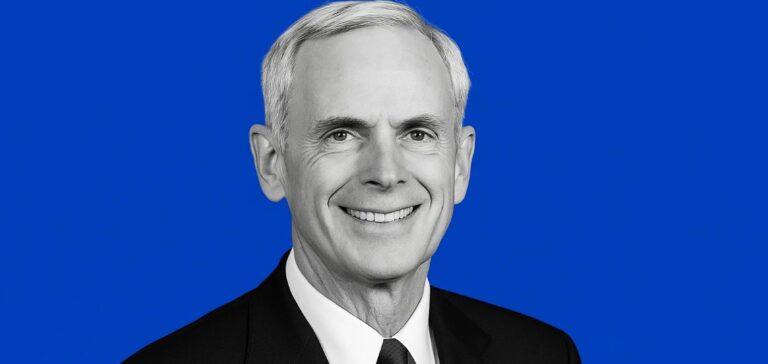John Bryson, former Chairman and Chief Executive Officer of Edison International, died on May 13 at the age of 81, the Rosemead-based company announced. He led the company from 1990 to 2008, notably during the California electricity crisis in the early 2000s, a period marked by significant volatility in the state’s energy sector.
From regulator to industry executive
Before joining Edison International, John Bryson became known as a co-founder of the Natural Resources Defense Council in 1970, after graduating from Stanford University and Yale Law School. He later chaired the California State Water Resources Control Board from 1976 to 1979, then the California Public Utilities Commission from 1979 to 1982. These roles shaped his approach to energy regulation, combining legal expertise with industrial policy.
He joined Southern California Edison (SCE) in 1984 as Senior Vice President of Legal and Financial Affairs. Tasked with evaluating the feasibility of creating an independent competitive power unit, Bryson strongly recommended its development. This led to the establishment of Edison Mission Energy (EME), a subsidiary that would become vital to the group in subsequent years.
Managing through critical periods
As head of Edison International in the 1990s and 2000s, John Bryson led the company through California’s electricity market deregulation and the 2000–2001 energy crisis. Under his leadership, EME grew from a 300-employee unit to an operation with 1,900 staff generating over $500mn in earnings for the parent company.
The sale of EME’s international assets at the time enabled Edison International to regain financial stability after the collapse of the independent power producers’ market. This strategic move reinforced SCE’s role as a key provider in California’s energy supply chain.
A role in federal government
Following his retirement from Edison, John Bryson was appointed United States Secretary of Commerce under President Barack Obama, serving from 2011 to 2012. His industrial and regulatory background made him an unusual figure within government circles.
Pedro Pizarro, current Chairman and CEO of Edison International, stated: “Our industry has lost a true leader, and I have lost a mentor.”






















